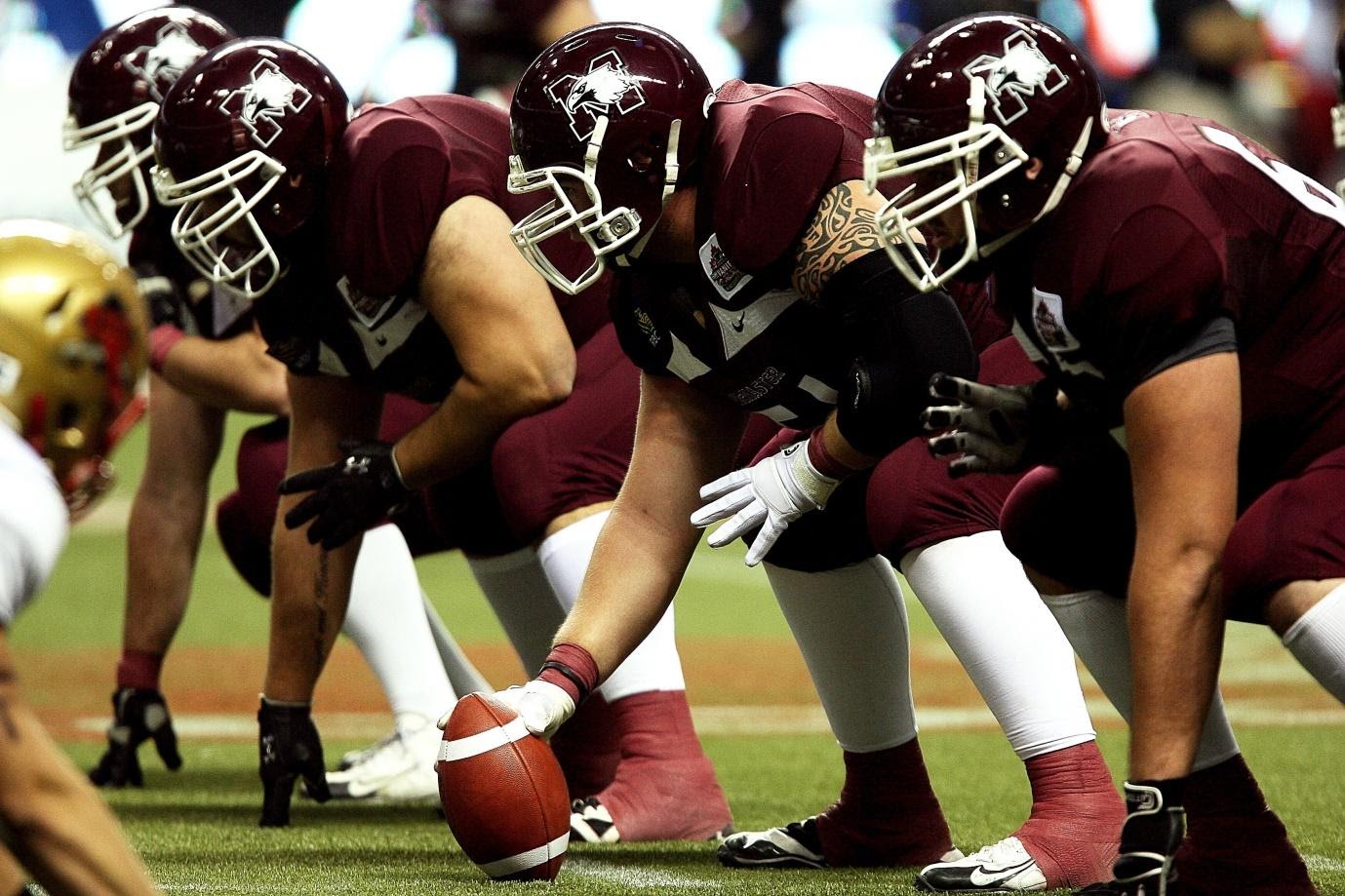
The Best Health Tips For Football Players
Often, football players spend hours in the weight room only to be frustrated by the lack of results both in the gym and on the field. To maximize your off-season football program and to have good odds on a betting calculator, it is essential you focus equally on training and nutrition.
When you think of getting your mind and bodies back in the game for football season, food might be the last thing that comes to your mind. Food is your fuel. What you put in your mouth is going to enormously impact your energy level. In a game of football, your body is the machine, and the food you eat is going to act as the fuel that runs your body.
You need to feel 100 percent so you can perform on point during practice and throughout every game. Here are the best tips that will help you stay at your healthiest—from nutrition to pre-season training.
-
Hydration
The struggle to stay hydrated is real and frustrating, especially when you have to run around the field the whole day.
As a football player, it is essential you stay adequately hydrated during training, practice, and games. Train yourself to respond to thirst promptly—take advantage of all water breaks and keep sipping water throughout the day. What you lose through sweat needs to be replenished to avoid dehydration and promote healthy digestion.
Though many football players opt for Gatorade or energy drinks to replenish electrolytes they lose during the performance, water is always considered ideal. According to the U.S. Anti-Doping Agency, athletes should drink at least 10 to 16 ounces of cold fluids at 15 to 20 minutes intervals.
Nonetheless, it also equally important to avoid being over-hydrated. Athletes should hydrate gradually. Instead of gulping, learn to drink normally and stick to the standard guidelines.
-
Nutrition

Alongside staying hydrated, football players should also concentrate on eating the right foods, both in-season and off-season.
Lean protein should be the primary component of any athlete’s diet as it helps build and maintain muscle mass. Make sure your meals contain a balance of protein, healthy fats, and complex carbs, and steer clear from saturated and Trans fats. Instead, consume mono- and poly-saturated fats.
A few fantastic sources of these fats are avocados, tuna, salmon, herring, sardines, peanut butter, sunflower seeds, pumpkin seeds, and nuts like walnuts, almonds, pecans, pistachios, and cashews. When it comes to cooking, always use extra virgin olive oil. It is ideal to use fresh produce for cooking as they are bound to contain anti-inflammatory antioxidants useful for reducing recovery time.
-
Hygiene
Contact sports like football make it convenient and easy for germs and bacteria to spread, leading to dangerous infections like staph. What’s worse is that if one player contracts an infection, it easily spread to the rest of the team quickly. Hence, it is important you take full showers after every practice session and game.
Use your own towel and hygiene product and don’t share. Sharing personal items is yet another easy way to spread germs. Additionally, clean your gear and equipment using a potent athletic gear disinfectant like Clear Gear. Spray it on all items such as uniform padding, cleats, gloves, helmets, footballs, and other practice equipment.
-
Prevent Injuries
Injuries are common in a sport like a football that involves a high level of contact—there’s a lot of running around, dribbling, and blocking your opponent. To prevent injuries, you should stretch thoroughly before and after every game and practice session. Also, aim to do injury prevention exercises during your training sessions. Lastly, make sure you wear properly-fitted helmets, pads, and mouth guards to minimize injuries.

-
Pre-Season Training
Prior to the game season, ensure you are adequately trained and prepared to face the upcoming season. Know that if you slack of all summer, your performance is going to suffer. You might even injure yourself when trying to overcompensate.
By working on your game during pre-season, you demonstrate your commitment to your coach and team members. And this will allow you to improve your chance of becoming first string. Ideally, you should indulge in strength training and conditioning exercises alongside daily drills to enhance your speed and agility.




